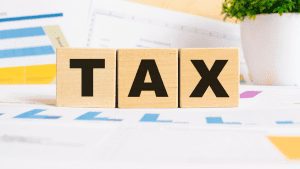Renting out empty rooms or your entire home on Airbnb can seem like an easy way to make money, especially if you have open space in your home. Renting homes from individuals has become a popular choice for vacationers compared to staying at hotels because it provides a home-like comfort that cannot be experienced at a hotel.
As a host, you may not be aware of the tax laws overseeing home rentals.
Once tax season comes around, you may wonder whether you are subject to report the income you receive from renting your home. This can depend on a variety of factors such as whether the home being rented is your primary residence, the percentage of your home that is being used for rental purposes, and the number of days it is being rented during the year.
Here are some things to keep in mind when renting your home:
- How many days do you have to rent your home to report the income you earned? According to IRS Publication 527, if you rent an area of your home in which you primarily reside in, you are not required to report rental income unless you rent it for 15 days or more.
- How many expenses can you deduct on your tax return? If you rent a portion of your home while living there during the tax year, you are required to keep track of expenses for both personal use and rental use as the deductible portion has to be pro-rated based on the percentage of the home used for business purposes.
- What kind of rental expenses can you deduct when you file taxes? There are many expenses which can be considered deductible as long as they impact the way that you conduct business such as repairs, utilities, property tax and more. As long as the expenses are exclusively related to the portion of your home which is used to generate rental income, it is deductible.
Due to the unique nature of rental income, it is best to speak with a tax professional to best understand how this will impact you directly. For more information about self-employment tax when utilizing your home as a rental partially or year round, contact your LSL advisor.




